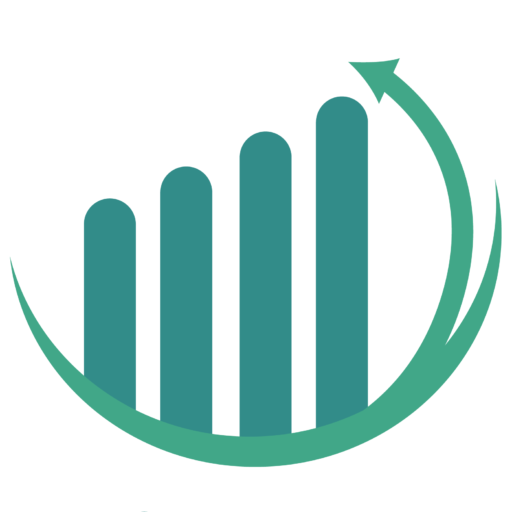Buying a home is a monumental milestone, but the costs involved can catch many by surprise. Whether you’re making an all-cash offer or financing your purchase with a mortgage, it’s essential to understand all the expenses associated with becoming a homeowner. From down payments to closing costs, here’s a breakdown of what you need to budget for when purchasing your dream home.
Common Costs When Buying a Home
On average, home-buying expenses can add up to 25% of the property’s purchase price. While this may seem high, there are many factors that contribute to the total cost. Here’s a closer look at the key expenses:
1. Earnest Money Deposit
The earnest money deposit is usually 1% to 3% of the home’s purchase price and is used to show the seller that you’re serious about your offer. This amount is held in an escrow account and goes towards your down payment when the sale closes.
2. Down Payment
The down payment is a significant chunk of your home-buying costs and is typically between 3% and 20% of the home’s price. While putting down 20% or more can give you better loan terms and eliminate the need for private mortgage insurance (PMI), many buyers opt for a smaller down payment. In fact, nearly half of homebuyers in a 2024 Zillow survey reported putting down less than 20%.
3. Closing Costs
Closing costs usually range between 2% and 5% of the home’s purchase price. These are one-time fees that cover everything from home inspections to attorney fees and are paid on the day you close on the house. According to Zillow, loan origination fees were the most commonly reported unexpected cost, so it’s vital to budget a bit more than anticipated for closing.
4. Prepaid Costs
Prepaid costs are often wrapped into your closing costs and include recurring payments, such as property taxes and homeowners insurance. Typically, lenders require a couple of months’ worth of these payments to be paid upfront and held in escrow.
5. Moving Costs
Once you’ve closed on your home, you’ll need to consider moving expenses. The national average moving cost is around $1,713, but local moves can range from $100 to $120 per hour, while long-distance moves may be anywhere from $799 to $5,377.
6. Cash Reserves
While not mandatory, having between two to six months’ worth of cash reserves can provide a cushion for unexpected expenses once you’ve bought the home. Cash reserves are recommended in case of emergencies or financial changes, such as a job loss.
How Much Should You Spend on a House?
The amount you spend on a home should fit comfortably within your budget. Before starting your home search, consider the following steps:
- Create a budget by reviewing your current income, debts, and monthly expenses.
- Save for a down payment to minimize the amount you’ll need to borrow.
- Shop around for lenders to compare mortgage products and interest rates.
- Get pre-qualified and pre-approved to understand how much you can afford and to make a strong offer.
What’s Included in Your Monthly Mortgage Payment?
Your monthly mortgage payment typically includes:
- The principal (the loan amount you borrowed).
- Interest (the cost of borrowing).
- If applicable, property taxes, homeowners insurance, and mortgage insurance premiums.
If your home is part of a Homeowners Association (HOA), you’ll also need to account for monthly HOA fees, which cover maintenance of shared spaces and community amenities.
How Much Should You Save to Buy a Home?
It’s recommended to save at least 5% of the home’s purchase price to cover your down payment, moving expenses, and closing costs. For example, if you’re purchasing a $300,000 home, you’ll want to save at least $15,000. Some buyers use gift money or tap into retirement funds to cover these costs.
Here are a few tips to help you build up your savings:
- Automate your savings by setting up a monthly transfer from your checking to your savings account.
- Cut unnecessary expenses like subscriptions or takeout orders.
- Pay off existing debts to reduce interest and improve your debt-to-income ratio.
- Increase your income by taking on side gigs or selling items of value.


